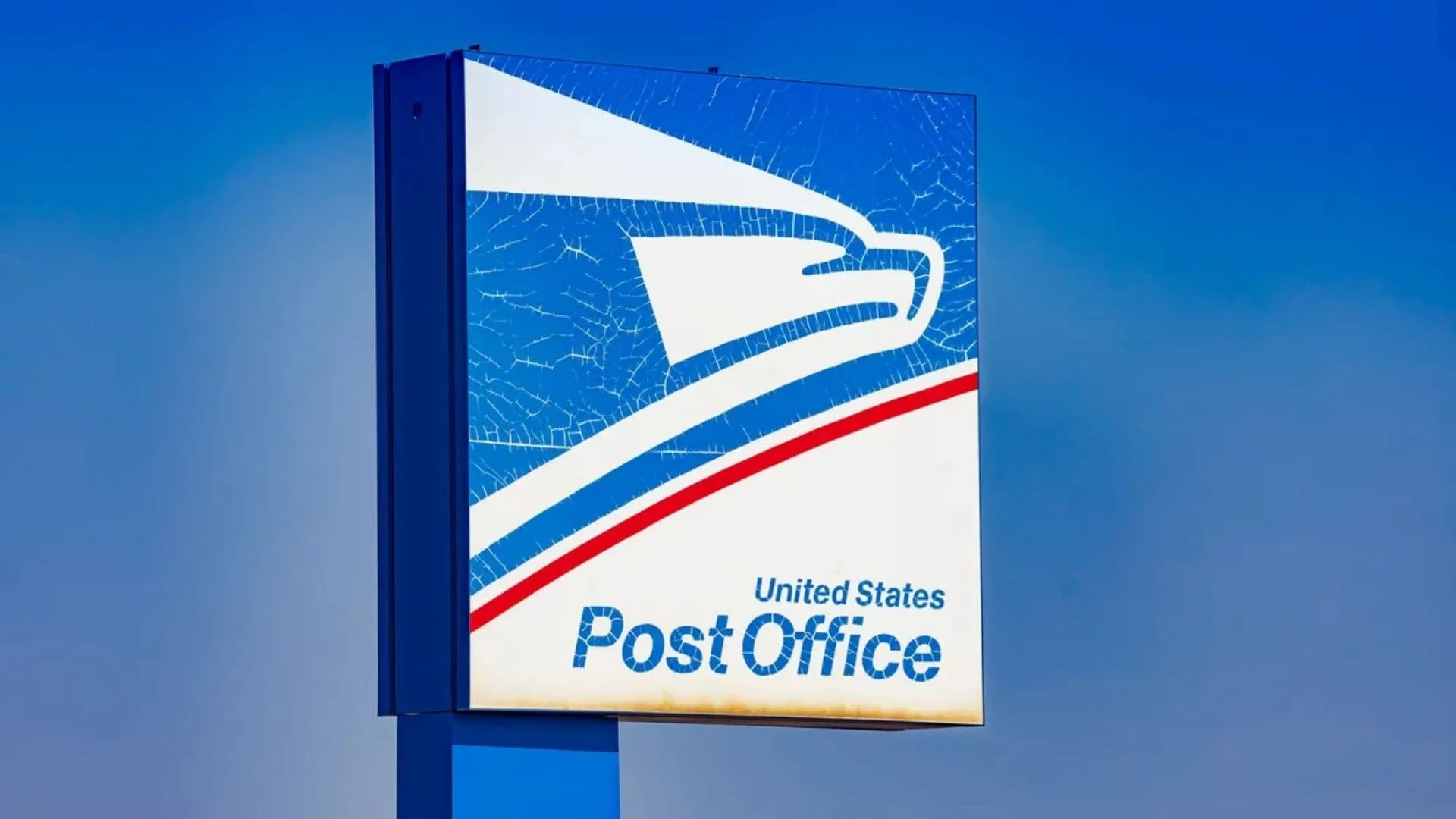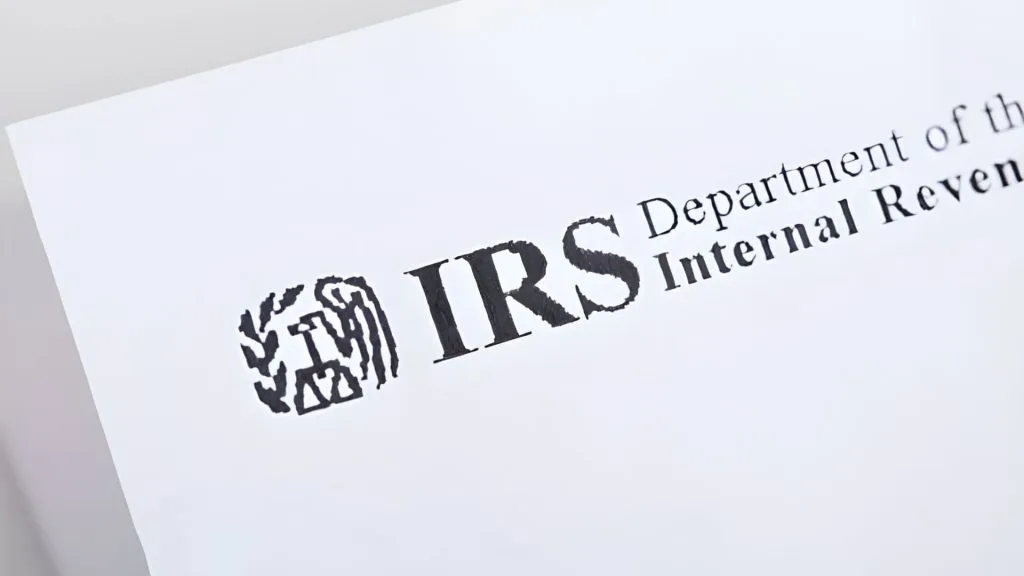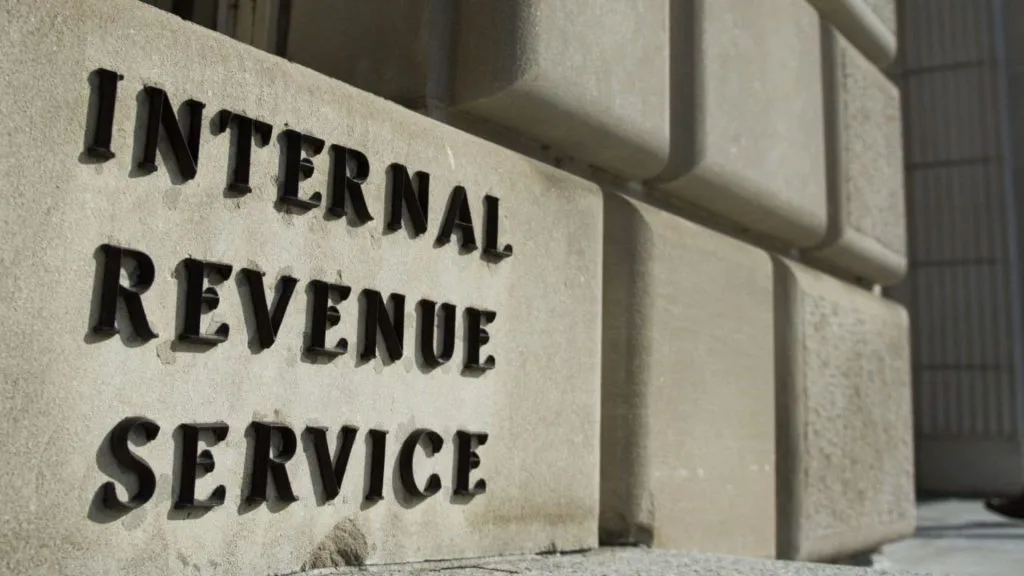
Receiving certified mail from the IRS through the United States Postal Service (USPS) can be a cause for anxiety for many taxpayers. However, understanding the purpose and implications of these letters is crucial for effective tax management. Certified mail is a method used by the IRS to ensure that important documents reach taxpayers securely and are acknowledged upon receipt. This article explores the reasons behind receiving certified mail from the IRS, what it typically entails, and how to respond appropriately.
The IRS relies on the U.S. Postal Service to deliver mail to millions of Americans. Unfortunately, the mail isn’t always delivered and sometimes the IRS sends time-sensitive and important correspondence. Certified mail is a specific mailing method that provides proof of mailing and delivery with a signature requirement for the recipient. It requires a signature as a record of delivery and allows the IRS to ensure it was delivered. The IRS uses this method when there are deadlines taxpayers must comply with. The IRS only needs to mail their notices to a taxpayer’s last known address. It is the taxpayer’s responsibility to file returns or an address change with the IRS to make sure they receive important mailings. Certified mail from the IRS has the following specifications:
- Mailing receipt: Certified mail comes with a mailing receipt for the sender, in this case, the IRS. This receipt serves as proof of mailing.
- Signature requirement: A certified letter isn’t left in someone’s mailbox. This provides the IRS with proof that the recipient received their notice and confirms the identity of the person accepting the mail. If the addressee does not pick up their mail after three notices, the post office returns it to the IRS.
- Electronic delivery: The final component of IRS–certified mail is electronic delivery tracking. Certified mail allows the IRS to track the mail electronically online. This allows them to check the status of the mail, such as if the post office left a notice for the recipient to pick up mail.

Reasons the IRS Sends Certified Mail
Certified letters are generally a last resort for the IRS meaning they will be expecting a response within a reasonable amount of time. The IRS sends certified mail for a variety of reasons, but the most common reasons are related to outstanding balances and requests for more information. The IRS may also send certified letters to ensure a taxpayer is getting notices. If the IRS has sent you multiple notices about unpaid taxes and you haven’t responded, the agency will often send a certified letter. If you no longer live at the address, the IRS certified letter will go back to the IRS as undeliverable. If you receive the certified letter, the IRS will know that they have been sending correspondence to the correct address. At that point, they may call you or initiate more severe collection actions to get your attention.
Here are some of the reasons why a taxpayer might receive a certified letter from the IRS:
- Outstanding Balance: An unpaid tax balance is one frequent reason the IRS sends certified mail. The IRS sends standard mail when the collection process begins, but the process will escalate if the notices are ignored. If you have an unpaid balance due on your taxes, the IRS will initially send out the notice by standard mail. If you ignore the notices they will move to certified mail. The demand letter will include information on how to resolve the taxes owed with options like an offer in compromise or an installment agreement.
- Refund Discrepancy: Not all news from the IRS is bad news. Individuals and businesses that are expecting a tax refund can expect IRS-certified mail if there is a discrepancy in the return. You may receive a notice from the IRS if they determine the tax refund you are expecting should be larger or smaller than your return indicates. This discrepancy could be a smaller or larger refund than anticipated, though it’s important to compare any new refund amounts with the original tax return.
- Return Questions: Occasionally the IRS has questions about a tax return. If the questions aren’t time-sensitive or critical to processing a return, the IRS will send the request for information through standard mail. However, more critical requests will be sent as certified letters. If the IRS has a question about your tax return they may send you a request for additional information by standard mail. If you do not respond or the information is critical, they will send a notification by certified mail. Common questions about tax returns include clarification about sources of income, discrepancies in the mailing address on file, and verification of tax credits and deductions.
- Identity Verification: The IRS takes identity protection seriously and will send certified letters when they need to verify someone’s information. If the IRS has suspicions about the identity of a filer, they will send certified mail for identification verification. This letter will include instructions on how to complete the identity verification process, and it will require valid forms of identification like the account numbers from a credit card or student loans.
- Information Needed: Sometimes the IRS needs more information to process a tax return. The IRS may need additional information before they can process your return. This is often items such as a missing W-2 form or employer information not matching what the IRS has on file. In some cases, taxpayers might receive an IRS audit letter. This certified letter will include directions for returning supporting documents and updating any other information. It will have a deadline too, so pay close attention to the dates.
- Return Amendments: While not a formal audit, the IRS does occasionally need to make changes to a filed tax return. In these cases, the IRS will send a CP2000 letter. This letter will outline the changes and include directions for agreeing to or disputing the revisions. This is not an audit, but the IRS uses Form 4549 when they determine a change to your tax return is necessary. Supporting documentation might be necessary for anyone that disagrees with the changes. These changes to a tax return are generally time-sensitive but they don’t require an amended return. The changes are critical to processing the return, so any delay in responding to the notice could further delay a tax refund.
- Processing Delays: Processing delays are another reason the IRS sends certified mail. While they don’t send notices for general delays that impact everyone, they do send certified letters to people that are expecting a tax refund but could potentially owe other federal taxes. This notice is called the CP44 notice and it, unfortunately, doesn’t come with instructions. If you are expecting a tax refund but owe other federal taxes, you may receive a CP44 notice. IRS-certified mail for processing delays like this is a courtesy notification. Detailed information will follow once the IRS has determined whether the refund will be applied to a past-due tax balance or sent to the recipient.
- To Warn You About Collection Actions: The IRS may use certified letters to notify taxpayers about certain collection actions. However, it’s important to note that sometimes levy notices or notices about your rights to appeals hearings are not sent by certified mail.
- Summons: The IRS may use certified mail when it is summoning information from a taxpayer or from a third party about a taxpayer. However, summons can also be hand delivered, sent through registered mail, or potentially delivered another way. Regardless of how the letter comes, you should never ignore an IRS summons.
Responding to Certified Mail From the IRS
Certified mail from the IRS is always serious, and it’s often bad news. The agency uses certified mail when it needs more information from taxpayers, but it also uses certified mail to warn taxpayers about collection actions such as taking their passports away, filing federal tax liens, garnishing wages, or seizing assets.
Don’t ignore certified mail from the IRS. Open it right away, or call a tax professional and have them handle it for you. Instead of letting anxiety grow, follow these practical tips for dealing with IRS notices:
- Read the entire letter carefully: Letters from the IRS include the type of and reason for the notice, detailed instructions on the next steps, and the most appropriate method of contact.
- Make note of important deadlines: If the IRS wants forms completed or supporting documentation, the certified letter will have a deadline and instructions for returning the information.
- Establish contact to prevent collections: Individuals with outstanding tax balances should establish contact with the IRS to prevent collection activities like additional letters and phone calls.
- Hire a Certified Tax Resolution Specialist: Some people have taxes owed that is almost unmanageable without professional help from certified tax experts.

Finding a Tax Relief Solution
Outstanding taxes can lead to significant financial consequences, such as the potential for levies and tax liens. Individuals and families that find themselves receiving IRS-certified mail for their tax liabilities should reach out to a licensed tax professional with IRS experience. Even though you are receiving a certified letter, you still have options. Depending on the situation, you may be able to set up payments or make other arrangements that prevent the IRS from seizing your assets. If you’ve received a letter about an audit or a document request, a tax professional can help you deal with the IRS.
Tax relief solutions can help alleviate financial burdens that hold people back. A Tax Resolution Specialist has the skills and experience to negotiate the best settlement offers for any situation.
FAQs
What does a certified letter from the IRS mean?
It means the IRS needs to reach you about an important tax matter and is using certified mail to ensure you received the correspondence.
What are common reasons for receiving certified mail from the IRS?
Common reasons for receiving certified mail from the IRS include outstanding balances, refund discrepancies, requests for more information, identity verification, processing delays, return amendments, and warnings about collection actions.
What should I do if I receive certified mail from the IRS?
Open it immediately, carefully review the contents, and determine the necessary actions. If necessary, consult with a tax professional.
Can I ignore certified mail from the IRS?
Ignoring certified mail from the IRS can lead to serious consequences, including penalties, loss of appeal rights, and potential enforcement actions. Always respond promptly to certified mail from the IRS.
Where can I find a tax professional to help me with my tax issue?
The article suggests using TaxCure to find a Tax Resolution Specialist in your area.
What are some examples of tax relief solutions?
Tax relief solutions include payment plans, offers in compromise, and assistance with audits or document requests.